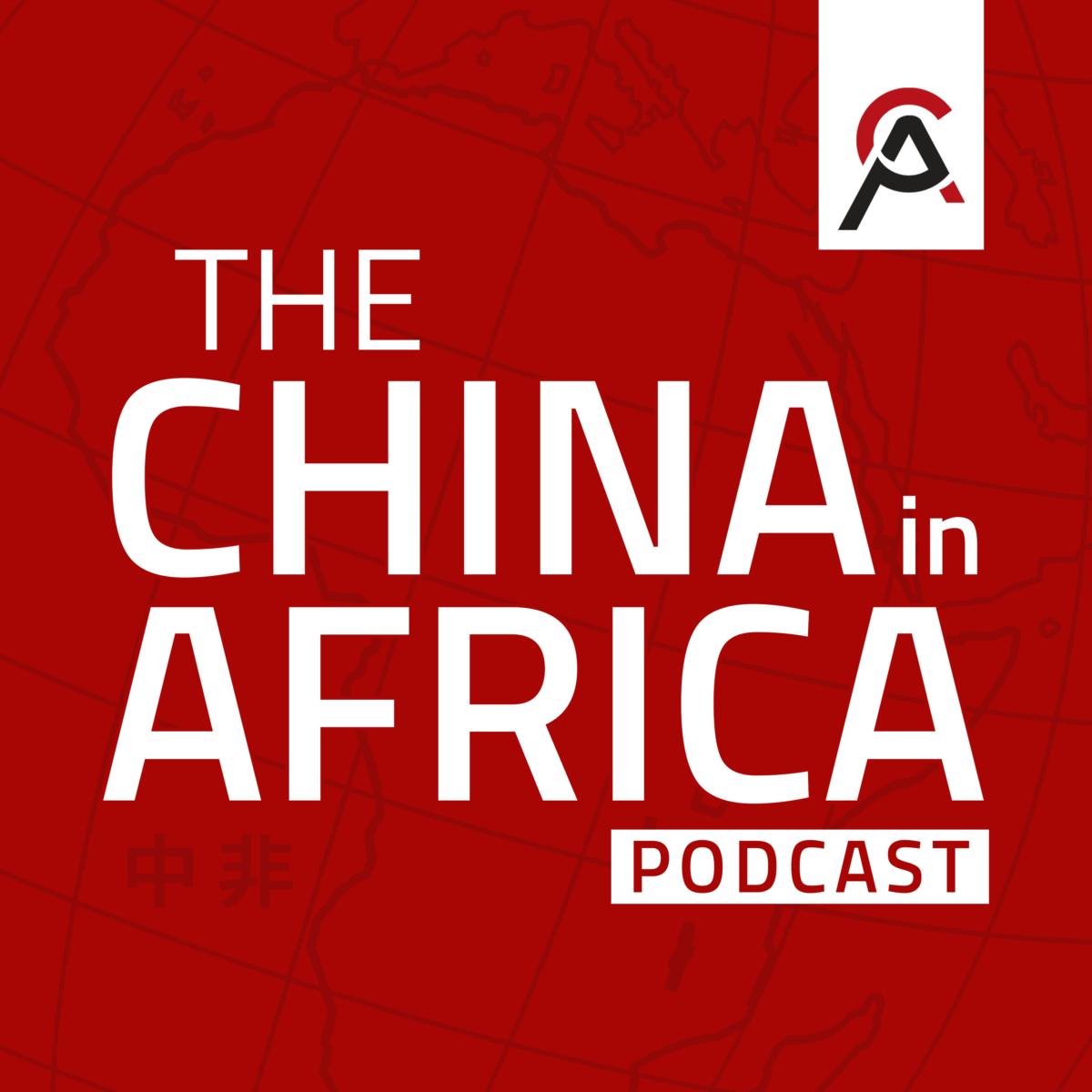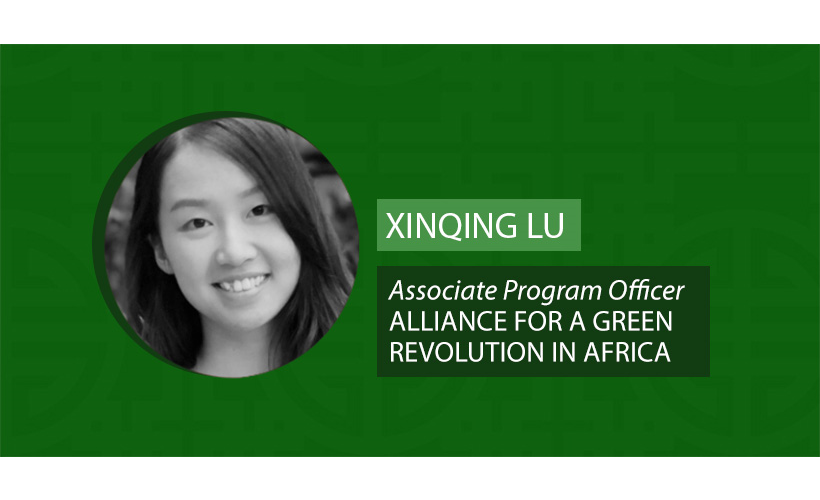One of the most prominent themes to emerge from the many Africa summits that take place around the world is the importance of replacing traditional aid programs with new private-sector-led trade and investment initiatives, specifically, public-private partnerships (PPPs).
The French, British, and Japanese all say they want to do it. Despite Trump’s isolationist tendencies, his administration has said the same thing. Part of their motivation is to use PPPs as a way to differentiate their approach in Africa from China’s state-led development model. The problem with that thinking, however, is that it overlooks the fact that the Chinese themselves are also starting to build new PPPs in Africa.
But China is new at this, so Chinese organizations don’t have a lot of experience doing multi-stakeholder partnerships in Africa or anywhere else. As a result, there is a very steep learning curve.
Xinqing Lu, an associate program officer at the Alliance for a Green Revolution in Africa, experienced that firsthand as one of the partners in a Chinese-led PPP in the Mozambican rice sector. She shared some of the key learnings from that experience in an essay published recently on the China Africa Project and joins Eric and Cobus to discuss them.







